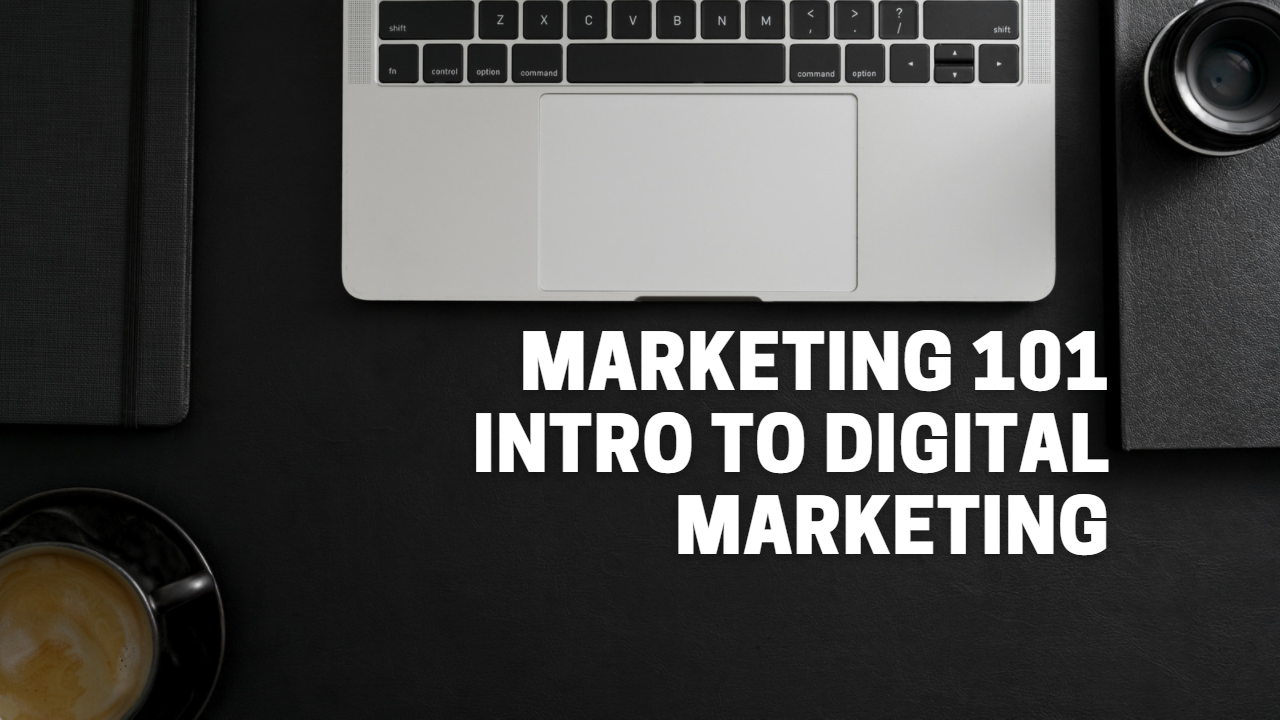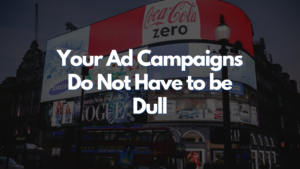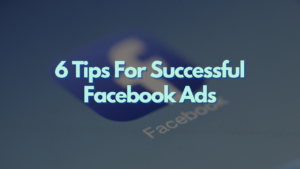Marketing 101 – Introduction to Digital Marketing
5 min read
If you’ve ever wondered what marketing is, how it works, and how it applies to your business, I’ll explain exactly what marketing is, how it works, and why it’s such a vital, if not the most important, a component of business success.
Let’s talk about marketing, which is something I really enjoy. Years ago, when I initially became interested in figuring out why people buy and act the way they do, and then how to influence and persuade and change human behavior, I fell in love with marketing. Because marketing happens on a daily basis, whether you have a business or not. Marketing occurs whenever you try to persuade friends or family to watch a particular film, eat at a particular restaurant, or basically persuade them to do anything.
Also, marketing is crucial to comprehend because you are continuously being marketed to by people from all over the world. From something as basic as a salesperson attempting to sell you a pair of shoes to something much more significant, such as purchasing a new home, moving across the nation, or even changing occupations. All of this necessitates and makes use of marketing. So, with everything out of the way, let’s get started.
But first, let’s talk about what marketing isn’t, and then we’ll talk about exactly what it is. Now, I admit that my understanding of marketing was inadequate when I first started out. Because I didn’t have a firm understanding of marketing, I fell prey to the misconception that marketing was synonymous with advertising. Actually, marketing isn’t the same as advertising, but advertising is marketing.
Allow me to explain. Marketing is a broad term that encompasses a variety of activities, including public relations, market research, social media, content marketing, search engine marketing (also known as search engine optimization), pricing and pricing psychology, copywriting, and one of my personal favorites, direct response marketing (also known as direct response advertising). So, if marketing is simply advertising, it’s akin to saying finance is just taxes, HR is just recruiting people, or legal is just not getting sued. Sure, they’re all vital, but they’re only one part of the jigsaw.
This is why, if you’re just getting started in marketing, it can feel daunting. My advice is to start with an area that you find intriguing or engaging, such as social media or content marketing, and then branch out later. So, now that we’ve established that, what precisely is marketing? As I just mentioned, marketing is made up of a number of distinct sub-categories, including content marketing, email marketing, and social media, all of which we discussed. But, in this week’s edition of The Nature of Marketing, what precisely is the nature of marketing, which sounds like a documentary “The Nature of Marketing” – The four Ps of marketing are one of the first things you learn in any first-year marketing course: product, pricing, place, and promotion. The details of whatever product or service is being sold are referred to as the product.
Price is, of course, the price, but there’s clearly a lot more to it than that. We’re simply kind of the fun things, and the place is where the products are sold and promoted. While all of that is correct and true, and the four Ps definitely constitute a portion of marketing, I prefer a simpler, easier to comprehend definition. In its most basic form, marketing is about communicating value to your customers.
It’s essentially a response to your customers’ inquiry, “Why should I care?” Marketing assists individuals in solving problems by clearly defining and delivering solutions as well as clearly presenting the solution’s benefits so that they may achieve better results. Marketing is all about connecting with people, knowing their pains, issues, and frustrations, and making them feel understood so that you can position your company as the solution to their problems, and ultimately just make them feel better. As everyone who has worked in business for any length of time knows, the best product or service does not always win; in fact, it rarely does; rather, the product or service with the best marketing wins. Whether you like it or not, that’s how things work, which is why smart marketing is so crucial.
So, my favorite definition of marketing is communicating value to customers, but there’s another side to marketing that’s rarely discussed but as powerful: producing value for customers. You see, marketing has the ability to produce value, and your marketing can be useful in and of itself. A blog post that assists someone before any money is exchanged, or an advertisement that brightens someone’s day and makes them laugh whether they buy or not, or the way a product or service is delivered, such as the packaging, which is so luxurious and over-the-top that it makes the customer feel special just for having purchased it. Because economics believes that consumers make reasonable, logical, and well-informed purchasing decisions, this is rarely, if ever, the case.
Humans are emotional, frequently irrational, and rarely have all of the facts before making a decision, which is why marketing is so vital and effective. After all, if we made all of our purchasing decisions entirely on the basis of logic and utility, and the value we would derive from these products, the luxury goods industry would cease to exist. However, not all marketing is created equal. You see, there’s excellent marketing and bad marketing when it comes to marketing, just like there’s good marketing and bad marketing when it comes to pretty much anything. Bad marketing encompasses all of the factors that contribute to marketing’s negative image.
It’s the hype, spammy, over-the-top sleazy salesy nasty type of marketing that we’ve all seen and despise. It’s the stuff that looks cheap, makes people feel unclean just by looking at it, and advertises shoddy items or services that benefit no one. It’s the phony countdown timers you see on websites, the never-ending going-out-of-business sales, and the aggressive pushing of meaningless things. That’s a poor marketing strategy.
Good marketing, on the other hand, aids clients in achieving their objectives, improves their self-esteem, and has the potential to transform the world. So here’s my question: What kind of marketer do you want to be? Once you have an idea of what you want to be, you will be able to go further in this business.



